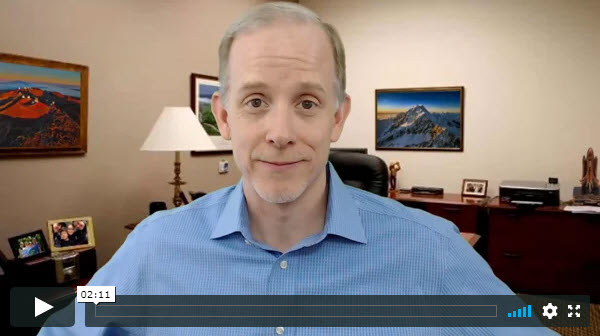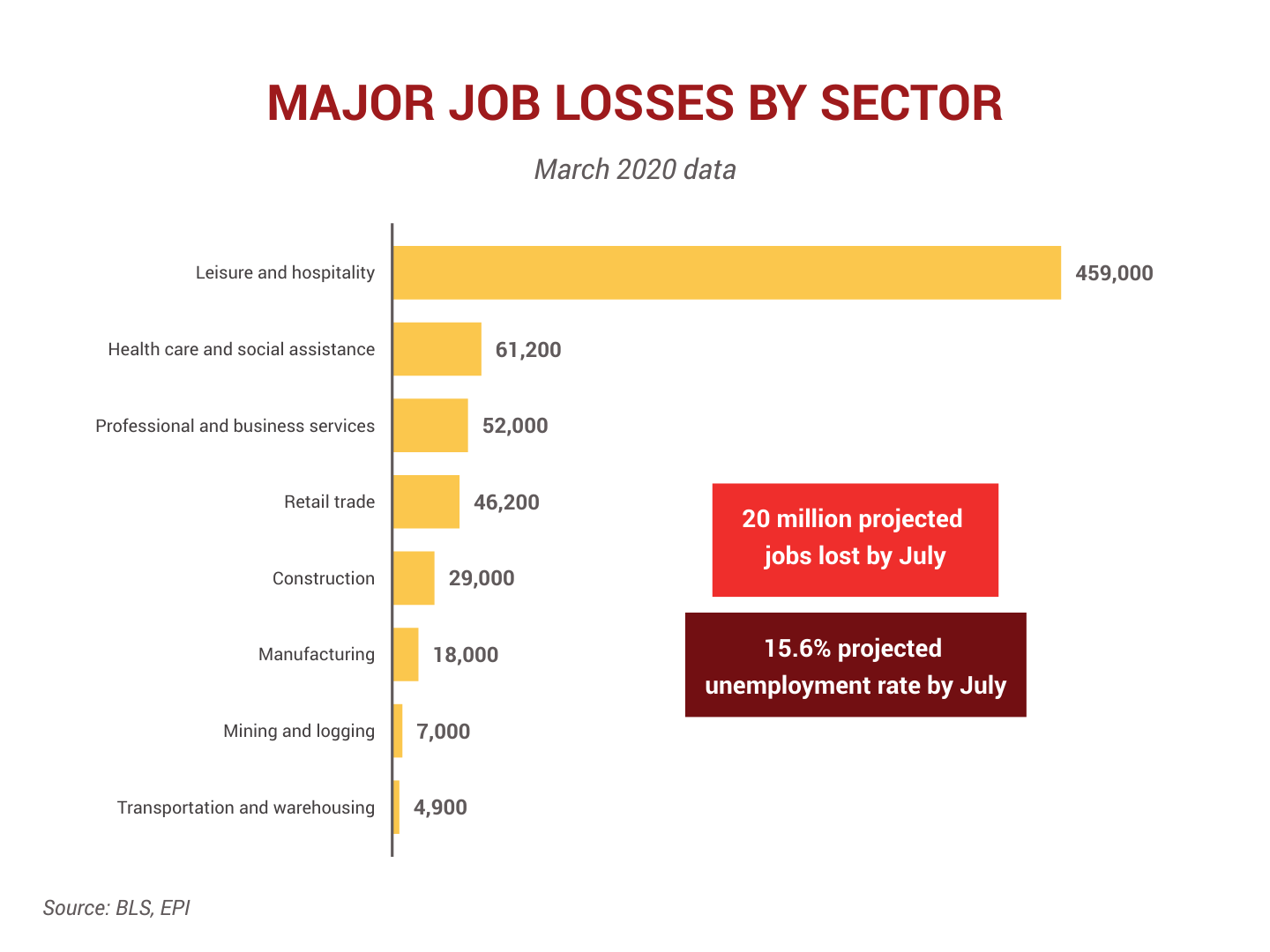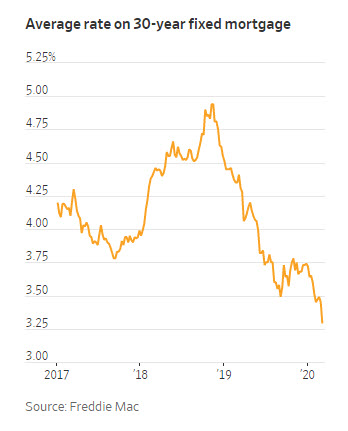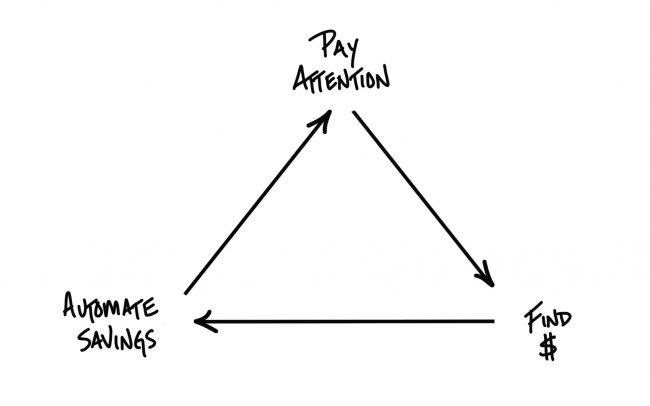Should I refinance my mortgage? (It’s more complex than you might think)
If you purchased your house years ago, you might be wondering: is now a good time to refinance?
You’d think the answer would be simple: getting a lower interest rate on a loan is better, right?
However, the right choice really depends on your situation. And with the way fees and mortgage interest work, a refinance is often a bad deal for a homeowner.
We made a short video walking through the key questions you need to ask before jumping into a refinance.












 Growing your wealth is a combination of making money and saving money. Today we’re focused on the latter half of that equation. Current trends in the debt market could save thousands of dollars per year for mortgage borrowers.
Growing your wealth is a combination of making money and saving money. Today we’re focused on the latter half of that equation. Current trends in the debt market could save thousands of dollars per year for mortgage borrowers.














